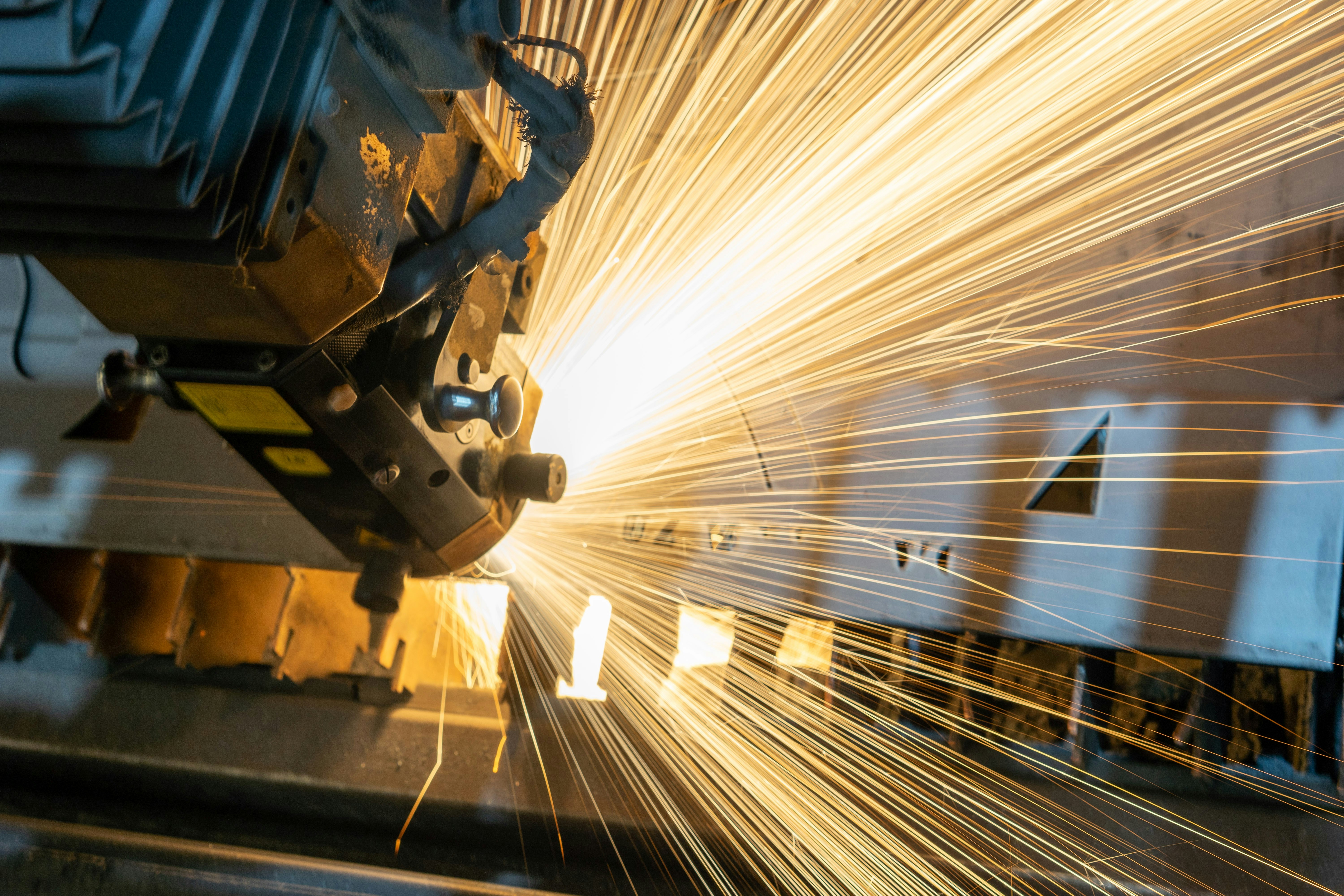- Cobots can work with humans
Collaborative robots, mostly known as cobots, frequently work alongside human employees to function as an extra set of hands. These autonomous robots are programmed to perform specific tasks by learning. They can detect and avoid obstacles, making them agile and capable of working alongside human employees. Cobots are used to perform tasks requiring heavy lifting or assembly lines.
- Robotic process automation (RPA)
Robotic process automation (RPA) is a powerful software used in the back office. Unlike the cobots, which work on the frontlines, RPA is mainly for the back office. It helps manufacturing companies handle high, repetitive tasks, queries, calculations and records, which can be challenging for humans to deal with. With such software, people do not need to enter data or spend time searching for specific things manually. Rather, they can enter specific queries, which saves time and effort.
- Digital twins
Machines used in manufacturing can be complicated. Due to this, companies need a way of understanding the inner workings of such complicated machinery. A digital twin, a virtual model of a physical object that receives information about another physical counterpart using sensors, is the right solution. Digital twin uses AI and other technologies to deliver insight about an object or an object. Manufacturing companies can monitor objects through their lifecycle and receive critical alerts such as the inspection and maintenance of machines.
- Predictive analytics
Manufacturing plants and other heavy equipment users are increasingly using AI-based predictive maintenance to anticipate when the machines may need to be repaired. If the equipment is not maintained in time, operations risk being ceased and valuable time and money will be lost. Customers will also be affected by the suspension of operations and delays caused by the equipment breakdown. On the other hand, waiting too long can result in the machine’s extensive wear and tear and can also expose employees to risk.
- Inventory management
Inventory management is a complicated undertaking if done solely by humans. However, companies now use AI systems to manage their inventory needs better because it promises to change things. AI can help keep track of supplies and automatically send alerts when the items in inventory have dropped and require replenishing. They can also use AI to identify bottlenecks in the industry supply chain. In pharmaceutical companies, for example, AI can predict the arrival time of certain ingredients and how delay can affect production.
- To boost supply chain management
One strong use of AI in manufacturing is in managing the supply chain. Large companies with complicated supply chains may find it hard to manage their orders, purchases, materials and ingredients. A manual approach to supply chain management leads to time wastage and is expensive. However, companies have deployed augmenting their supply chain processes with the help of AI. Vehicle manufacturers, for example, may use it to manage spare parts from different suppliers. For instance, AI systems can help track the type of vehicles and the spares and track vehicles made with defective bolts or nuts. This makes it easy for manufacturers to recall them.












